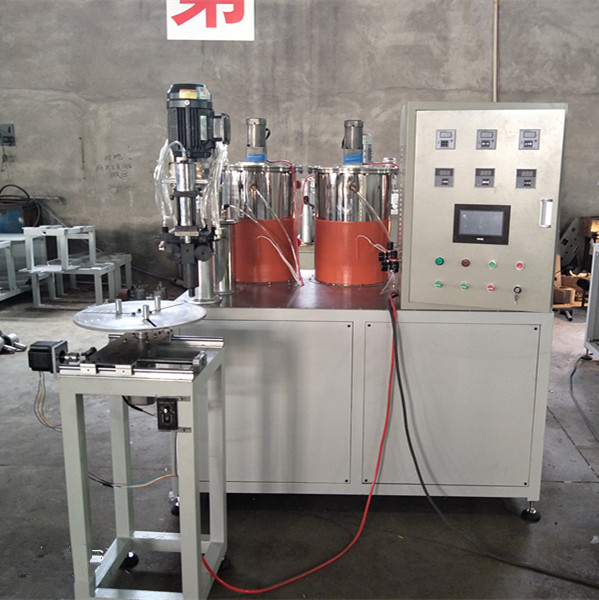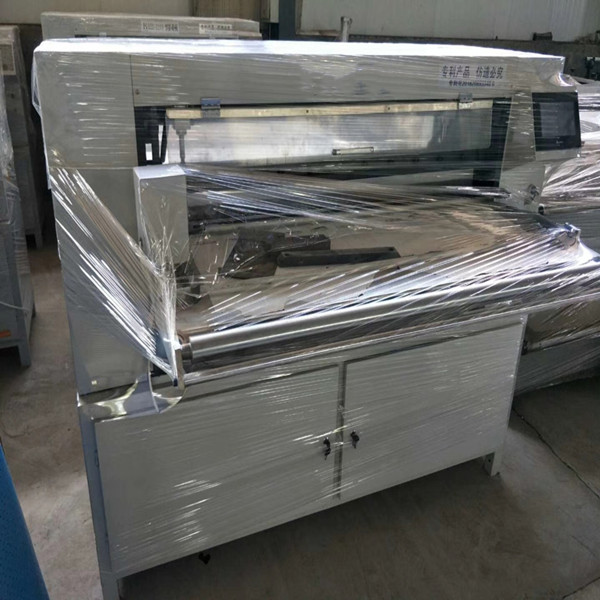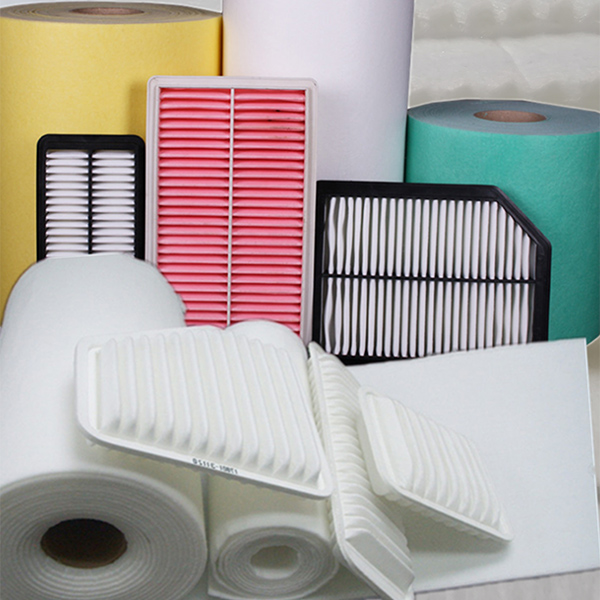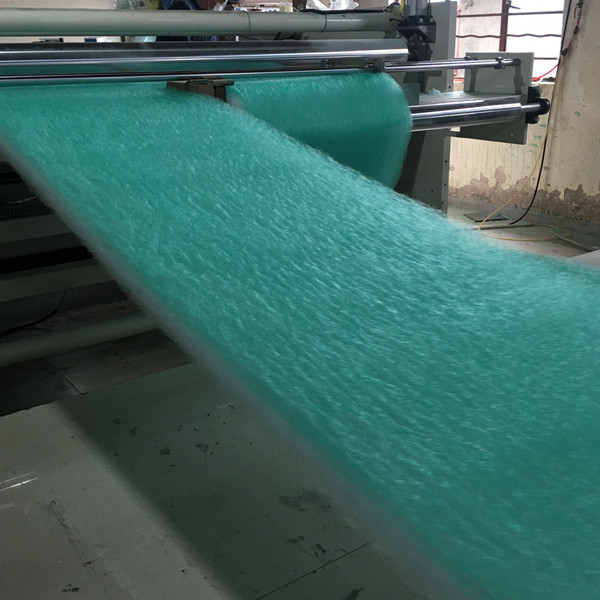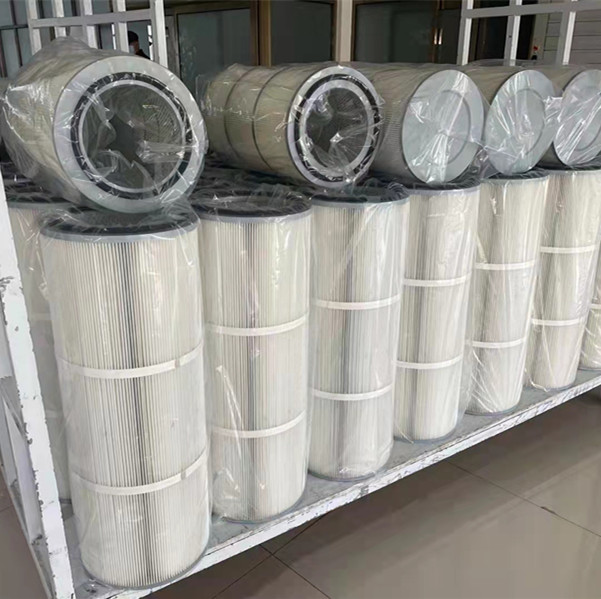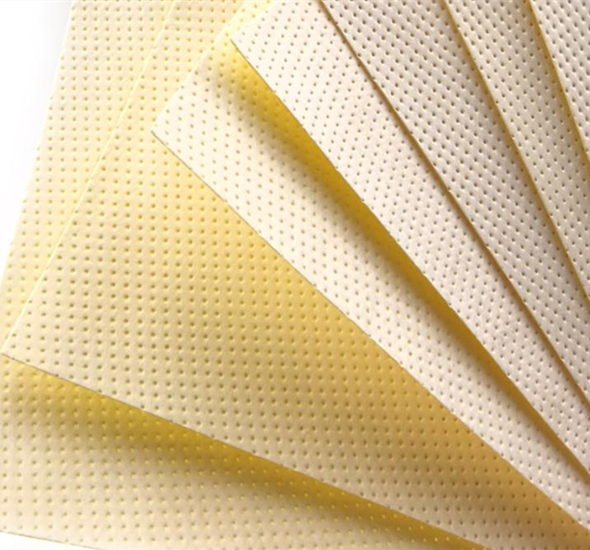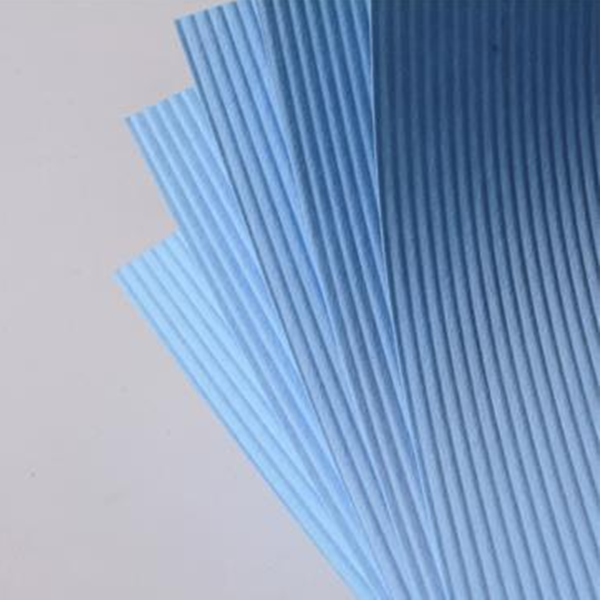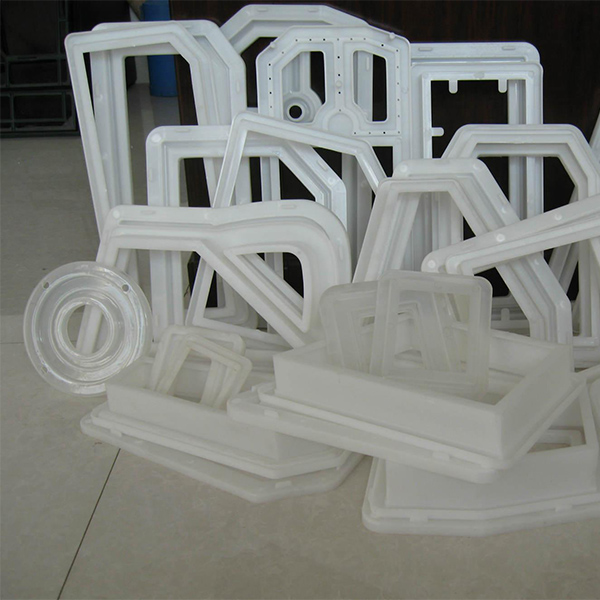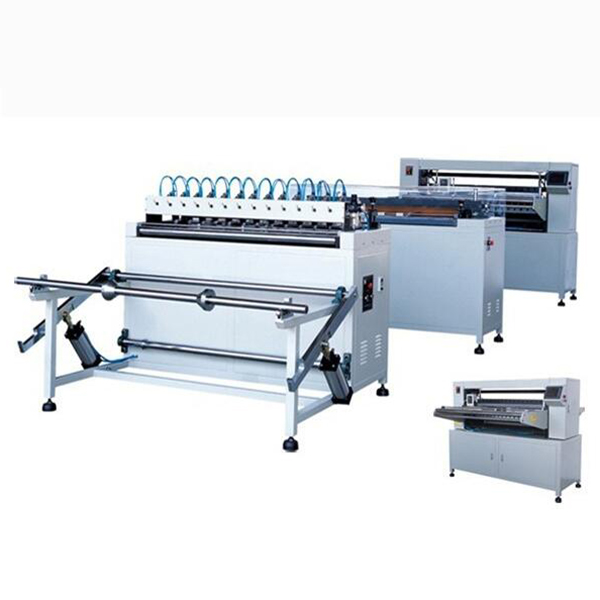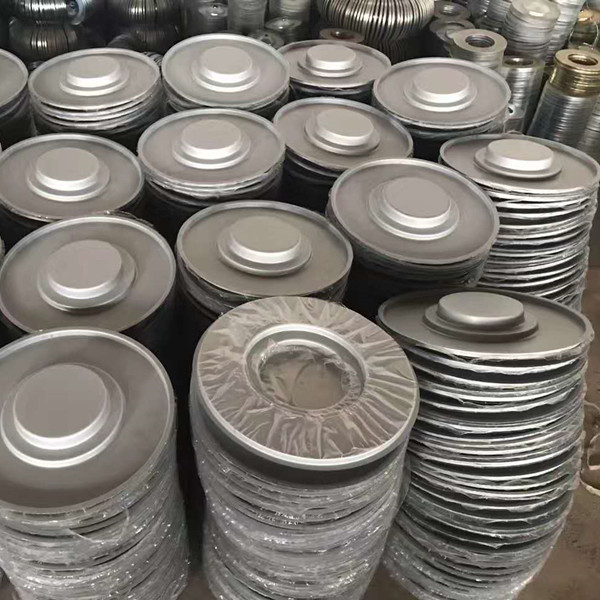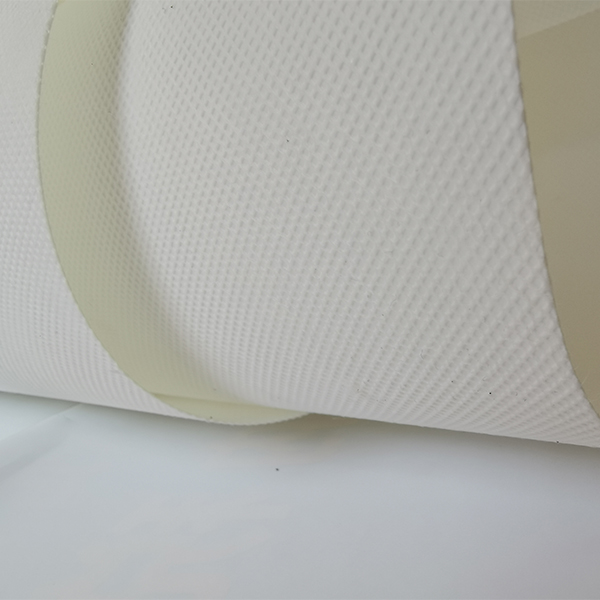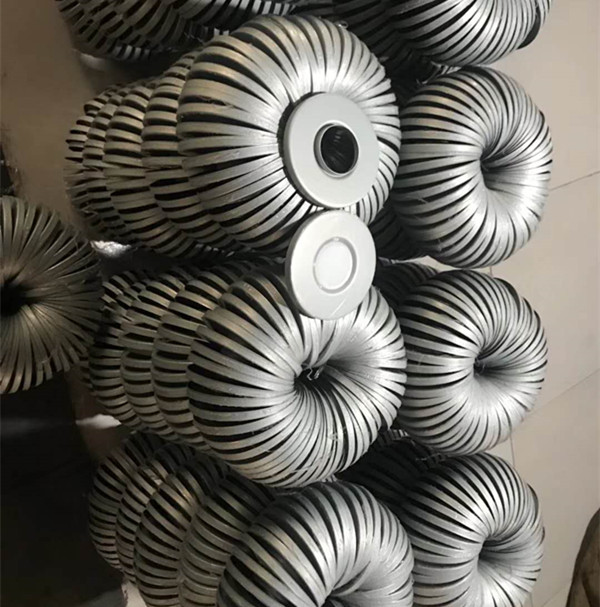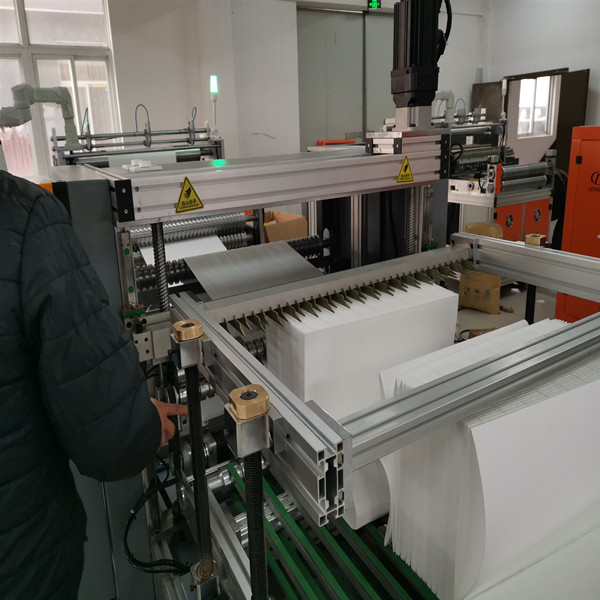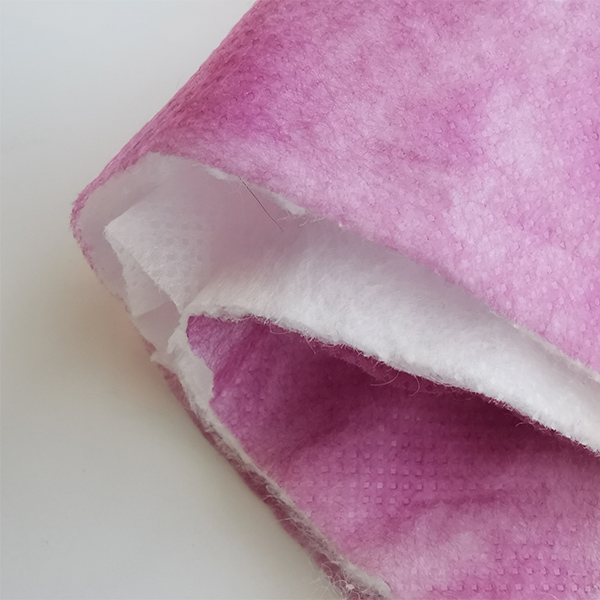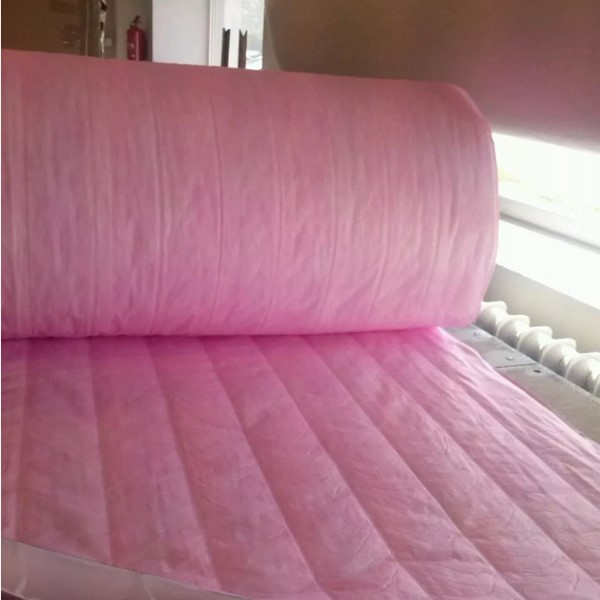Understanding Wire Mesh Air Filters: Why They Matter Worldwide
Filters—those unassuming heroes of air quality—are everywhere. Among them, the wire mesh air filter stands out, quietly making a massive impact across industries and environments globally. But why all the fuss? Simply put, these filters are vital in protecting machinery, humans, and ecosystems from airborne dust, debris, and pollutants. And in a world increasingly hungry for clean air—whether in bustling factories or remote humanitarian camps—understanding how these filters work and why they matter helps industries run smoother and communities breathe easier.
How Wire Mesh Air Filters Shape Global Air Quality
Air pollution is, unfortunately, a dominant global challenge. The World Health Organization estimates over 90% of the world’s population lives in places where WHO air quality guidelines are not met. Industrial sectors alone contribute a significant chunk of airborne particulates. This is where wire mesh air filters step in.
According to ISO standards on filtration (ISO 16890), efficient particulate removal is crucial to safe indoor air and equipment longevity. Wire mesh air filters are globally recognized for their straightforward design and resiliency. They address challenges ranging from protecting HVAC systems in skyscrapers to filtering hazardous dust in mining operations. Frankly, without these filters, environments would be dirtier, machines more prone to damage, and workers exposed to harmful particles.
Mini takeaway: Wire mesh air filters serve as vital frontline defenders in global efforts to maintain air quality, supporting health and industrial productivity worldwide.
What Exactly Is a Wire Mesh Air Filter?
At its core, a wire mesh air filter is a filtering device consisting of layers of metallic wire woven or welded into a mesh. This mesh traps physical particles suspended in the airflow while letting clean air pass through. Unlike fabric or paper filters, the rigidity of metal meshes allows reuse with cleaning — a cost saver.
These filters are increasingly indispensable in sectors like manufacturing, agriculture, and humanitarian aid. For instance, in refugee camps or disaster relief sites where dust control is critical but resources limited, wire mesh filters combine durability with ease of maintenance and quick deployment.
Core Features of Wire Mesh Air Filters
1. Durability
Constructed from stainless steel, galvanized steel, or aluminum, the wire mesh’s metallic nature resists corrosion and physical wear. This durability means they last longer in harsh environments where typical filters fail quickly.
2. Cleanability
Many wire mesh filters can be washed and reused multiple times. For industries operating remote sites, this means less dependency on constant shipping of replacements, lowering overall costs and environmental footprint.
3. Efficiency
The mesh’s weave density determines particle retention size. Precision manufacture offers versatility—coarse weaves for large debris to fine meshes capturing sub-micron dust, enhancing airflow with minimal pressure drop.
4. Scalability and Customization
The filters are readily customizable in size, thickness, and layering to suit diverse applications. Whether a heavy-duty filter for a steel plant or a compact air intake filter for agriculture tractors, the wire mesh air filter adapts.
5. Cost-efficiency
While initially pricier than synthetic counterparts, the long lifespan and reusability make wire mesh filters a smart investment over time.
Mini takeaway: Wire mesh air filters blend resilience, performance, and flexibility—qualities prized across many applications.
Real-World Applications Across the Globe
These filters are everywhere, but let’s zoom in on a few standout scenarios.
- Industrial Manufacturing: Factories in Asia and Europe rely heavily on wire mesh air filters to protect engines and HVAC systems from metal shavings, dust, and other particulates.
- Mining Operations in Africa: Mining machinery plows through dusty environments, and wire mesh filters prevent harmful dust from damaging engines or being emitted into the air.
- Post-Disaster Relief: NGOs deploying water purification and air cleaning units in South America often rely on wire mesh filters for durability and easy maintenance in rough conditions.
- Agriculture in North America: Heavy equipment operates in dusty fields and requires filters that handle tough particulate loads while maintaining airflow.
Technical Specifications of Typical Wire Mesh Air Filters
| Feature | Specification | Notes |
|---|---|---|
| Material | Stainless Steel / Galvanized Steel / Aluminum | Depends on corrosion resistance needs |
| Mesh Size | 10–1000 microns | Particle retention varies by weave density |
| Thickness | 0.5–5 mm | Multiple layers increase filtration efficiency |
| Airflow Rate | Up to 1500 CFM | Varies with application and mesh density |
| Operating Temp | -40°C to 400°C | Suitable for extreme industrial environments |
Comparing Leading Wire Mesh Air Filter Vendors
| Vendor | Material Options | Customization | Typical Lead Time | Special Features |
|---|---|---|---|---|
| FilterPro Inc. | Stainless Steel, Aluminum | High (custom sizes & layers) | 2-3 weeks | Corrosion-resistant coatings available |
| MeshTech Solutions | Galvanized Steel | Medium (standard sizes) | 1-2 weeks | Fast turnaround, budget-friendly |
| EcoFilter Co. | Recycled Steel, Stainless Steel | High (eco-friendly focus) | 3-4 weeks | Sustainability certifications |
Why Choose Wire Mesh Air Filters? The Long-Term Benefits
It’s not just about filtering air—there’s a bigger picture. Wire mesh filters promise long life, sustainability, and confidence in performance. For many plant managers, it’s peace of mind: a reliable component that reduces downtime and maintenance headaches.
Environmentalists appreciate the reusable design, reducing landfill waste compared to disposable filters. And in humanitarian arenas—where supply lines are unpredictable—durable, cleanable filters support basic human rights to clean air, health, and dignity. Oddly enough, such a modest product can mean so much.
The Road Ahead: Technology and Trends in Wire Mesh Air Filters
Expect more innovation around materials—think nano-coated meshes that repel oily particles or smart filters embedded with sensors to monitor clogging in real-time. There's also a push toward greener manufacturing processes and integration into automated HVAC systems for smarter, adaptive air quality control. The next decade could see filters that practically think for us...
Common Challenges and How Experts Are Tackling Them
Not everything’s perfect. Wire mesh filters sometimes struggle with ultra-fine particulates or sticky contaminants, causing clogging. Experts suggest multi-stage filtration—combining wire mesh with finer media—or introducing regular ultrasonic cleaning cycles at installation sites. Some companies experiment with antimicrobial coatings to reduce biological growth on filters.
Frankly, it’s a constant balancing act — between durability, airflow, and filtering precision — but progress is steady.
FAQs: Your Questions About Wire Mesh Air Filters Answered
- How often should I clean a wire mesh air filter?
- Cleaning frequency depends on the environment. For dusty industrial settings, monthly checks are common. In less harsh conditions, quarterly cleaning may suffice. Always follow manufacturer guidelines to maintain optimal airflow.
- Can wire mesh filters handle oily smoke or vapors?
- Standard wire mesh filters trap particulates well but are less effective against oily vapors. Specialized coatings or combining with activated carbon layers improves performance against oily or chemical-laden air.
- Are wire mesh filters reusable?
- Yes, these filters are designed for multiple uses. They can often be washed using water or mild solvents, making them cost-effective and environmentally friendly compared to disposable filters.
- What industries rely most on wire mesh air filters?
- Industries like automotive, mining, HVAC, agriculture, and disaster relief frequently use wire mesh air filters due to their durability and versatility.
- Can wire mesh filters be custom-made for unusual shapes?
- Absolutely. Many manufacturers specialize in customized shapes and sizes to fit specialized equipment or unique airflow requirements, ensuring optimal filtering.
Wrapping It Up – Why Wire Mesh Air Filters Still Matter
Wire mesh air filters may seem old-school compared to some high-tech alternatives, but their unique mix of robustness, cleanability, and adaptability keeps them relevant. For factories, relief efforts, and beyond, they’re a simple yet essential piece of the air quality puzzle. Curious to learn more or explore options tailored to your needs? Visit our website and breathe easier with trusted, proven filtration.
Mini takeaway: In a world that prizes innovation, the humble wire mesh filter proves some basics truly endure—and evolve—with time.
References
Post time: Nov-23-2025

